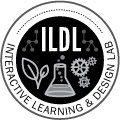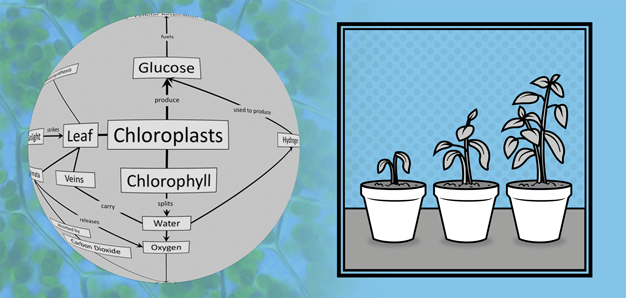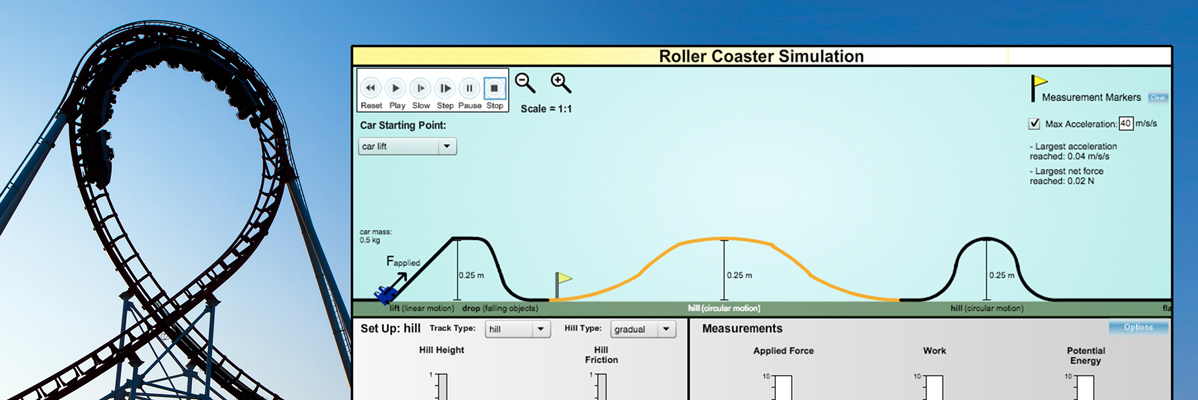SLC CATALYST
Learning About Causal Systems in Complex Domains National Science Foundation, subgrant with Auburn UniversityCausal learning is a topic of interest and importance to K-16 education and learning research in several scientific and technical disciplines. This project has two goals: to develop a prospective synthesis of the state of research on complex causal learning across disciplines, and to identify gaps in the knowledge base that past research has built up. This effort draws from multiple disciplines, including cognitive science, computer science,…





